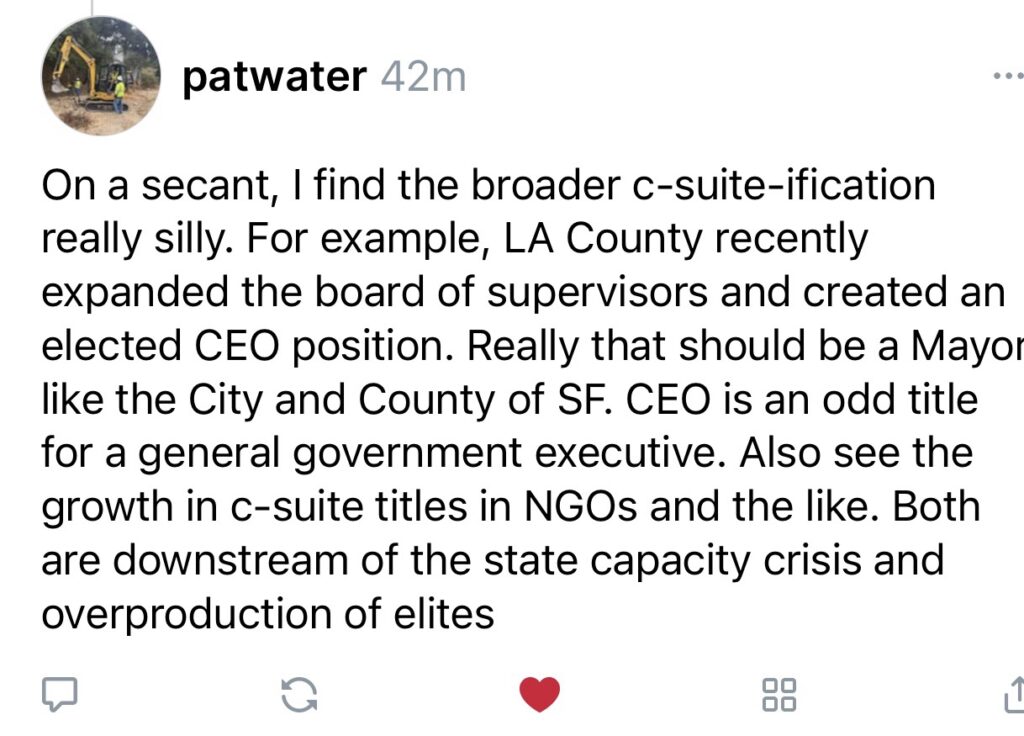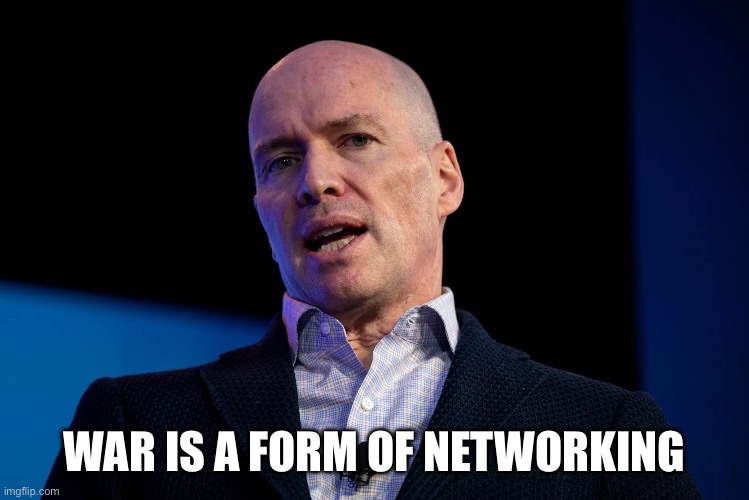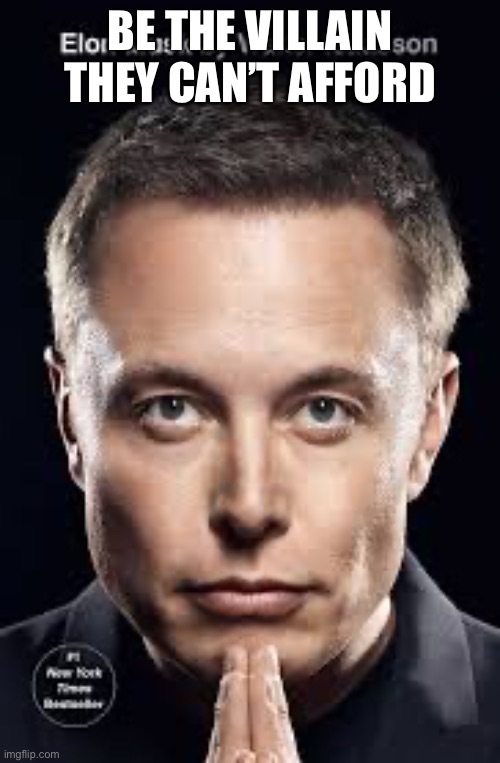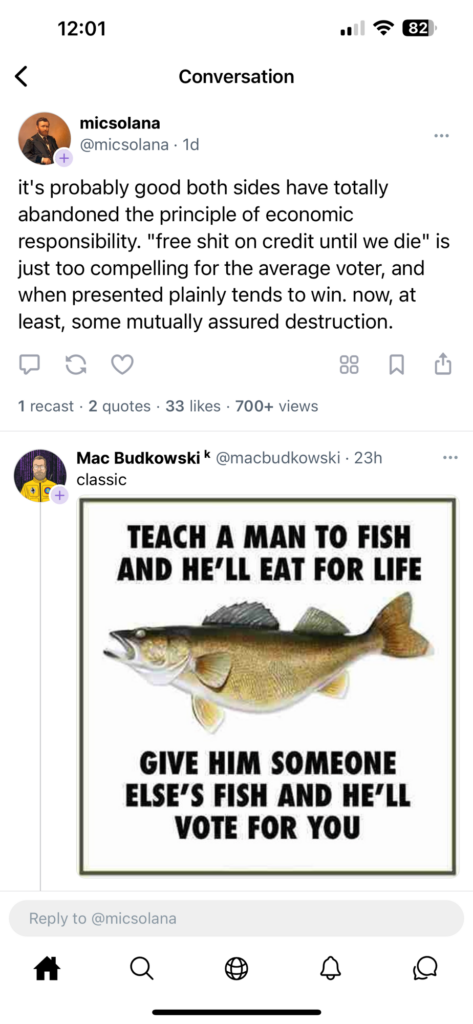When Jean-Paul Sartre penned No Exit back in 1944, he didn’t have a clue that Silicon Valley would turn his existential nightmare into a business model. There, in a well-ventilated room with glass walls, soft bean bags, and artisanal cold brew on tap, the brightest minds of our generation are sweating bullets, not because of Hell’s torturous climate but because Moore’s Law is slowing down, and the exits they dream of seem further away than ever.
This statement suggests a satirical take on how the principles of existentialism, as explored in Jean-Paul Sartre’s play No Exit, have been unintentionally mirrored in the business practices and culture of Silicon Valley. In No Exit, Sartre presents a vision of Hell where the characters are trapped in a room together for eternity, realizing that “Hell is other people.” This setting reflects the core existentialist idea that people are condemned to be free, meaning they must constantly make choices and confront the consequences, often leading to anxiety and despair.
The statement humorously implies that Silicon Valley, with its relentless pursuit of innovation, disruption, and exit strategies (like selling a startup or achieving immortality through technology), has adopted a similar, albeit unintended, “business model” of existential entrapment. In their quest for continuous growth and escape from limitations (be it mortality, financial risk, or technological barriers), the tech industry’s leaders have, in a way, created their own version of Sartre’s existential nightmare: a cycle of perpetual striving with no true escape.
So, when the essay says Sartre “didn’t have a clue,” it highlights the irony that a philosophical concept about the human condition and the inescapability of existential dilemmas has been unwittingly reflected in a modern, capitalist context—one that thrives on the pursuit of exits and solutions that may, in the end, be as elusive and self-defeating as the characters’ quest for freedom in No Exit.
Moore’s Law, for the uninitiated, was the golden rule of Silicon Valley: the number of transistors on a microchip would double every two years, making computers faster, smaller, and cheaper, ad infinitum. But here we are, folks, in the era of “slow Moore.” It turns out, like the rest of us, transistors can’t shrink forever. Now that chips aren’t getting twice as powerful with each spin of the Earth around the Sun, it’s time to wake up from the fever dream of exponential growth and ask the unthinkable: What happens when we hit a wall?
But let’s not lose our heads just yet. The Valley’s power brokers, those entrepreneurial Sisyphuses of the digital age, are not the type to go quietly into that good night. They’ve seen the writing on the wall (it’s in 4K resolution, after all), and they’re scouring the horizon for a way out—an “exit opportunity,” they call it. Exit from what, you ask? From the whole damn mess they’ve made, of course.
Now, if you think “exit” means cashing out with a 10x return on some app that lets you share pictures of your dog’s breakfast, you’re only scratching the surface. The true believers, the VCs with more acronyms than compassion, are eyeing the biggest exit of all: leaving this mortal coil behind. They call it the Singularity, where man merges with machine, and death is just another bug to be patched out in the next update.
It’s here that Sartre’s No Exit comes into play. In the play, Hell is other people. In Silicon Valley, Hell is a future where the only thing doubling every two years is the panic among the über-rich that they might not make it to their own digital afterlife.
And let’s not forget ZIRP—the Zero Interest Rate Policy, the Fed’s favorite gift to Wall Street and, by extension, to the Valley’s bubble-blowing machine. With money as cheap as it is, anything that smells even faintly like the future is getting funded. But when Moore’s Law falters, and all the free cash in the world can’t buy you a solution, the cruel irony is that you can’t buy your way out of Hell either.
There’s a Sartrean twist to this whole affair. Imagine this: a group of silicon titans, forever plotting their escape from the slowing growth of Earth, sitting in their glass offices, gazing at their dwindling stock portfolios and disillusioned engineers. Every plan to escape, every new startup, every AI-powered, blockchain-secured cryogenic chamber is just another locked door in a room with no exits. Like Sartre’s damned souls, they find that Hell isn’t other people—it’s themselves, trapped in a cycle of ever-diminishing returns, both technological and existential.
In the end, it turns out that the real exit was never about leaving at all. Maybe Sartre was right. Maybe the Hell these tech moguls find themselves in isn’t some dystopian nightmare but the very world they created, where the relentless pursuit of growth at any cost has led them to a point where there’s nowhere left to go.
So here we are, in the great slowing down, with Moore’s Law sputtering like a Model T out of gas, ZIRP turning everything it touches into fool’s gold, and the so-called visionaries of our time realizing that the exit door is bolted shut. They might have built the future, but now they’re stuck in it, just like the rest of us.
And that, dear reader, is the true legacy of Silicon Valley: the dream of exit that turns into a prison of our own making, where the only thing left to do is sit back, crack open a can of Soylent, and wait for the next update.
Deferrement
Yes, deferment or deferral is indeed a concept that ties directly into existentialist themes, particularly in the context of Sartre’s work and the culture of Silicon Valley. In existentialist philosophy, deferment refers to the postponement of action, decision, or the confrontation of reality. It’s the idea of putting off the inevitable, avoiding the responsibility of facing one’s own existence, choices, and the consequences that come with them.
In No Exit, the characters are stuck in a room, unable to leave or escape their own self-deceptions, and they continually defer facing the reality of their situation. They try to avoid the truth of their condition and the realization that they are, in a sense, their own jailers.
Similarly, Silicon Valley’s culture of constant innovation and the relentless pursuit of “exit opportunities” can be seen as a form of deferment. Tech entrepreneurs and investors are often chasing the next big thing, the next product launch, or the next exit strategy, always looking for a way out of the current situation without ever truly confronting the deeper existential issues at play, such as the limits of technology, the ethical implications of their creations, or the ultimate purpose of their work.
The deferment in Silicon Valley manifests as a continuous postponement of facing these realities, with the hope that technology, capital, or innovation will eventually provide an escape or a solution. However, as with Sartre’s characters, this deferment only leads to a deeper entrapment in the very systems they are trying to transcend. The more they defer, the more they realize that there might be no true exit—just like in Sartre’s existential nightmare.
All-In
“All-in“ as microcosm of Sartre’s No Exit—a space where the hosts are trapped not by four walls, but by their own ambitions, fears, and existential anxieties. Listeners tune in for the underlying drama of watching these titans of tech grapple with the fact that, despite all their brilliance, they might never truly find a way out. The “exit,” they realize, is just a concept—a fleeting promise that keeps them all coming back to the mic, episode after episode, with no end in sight.










